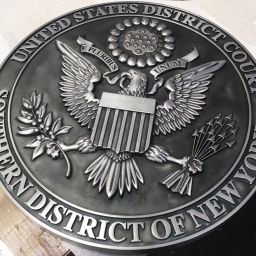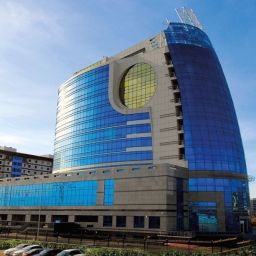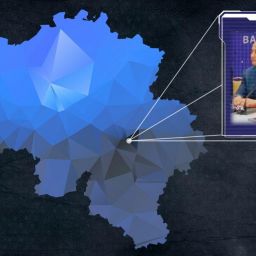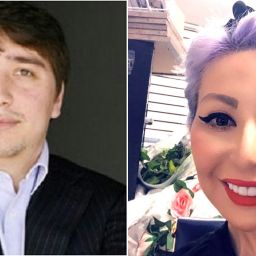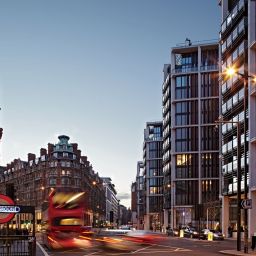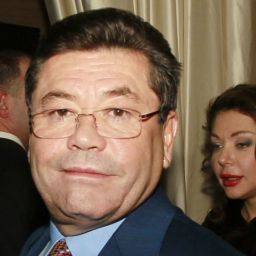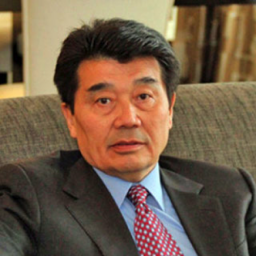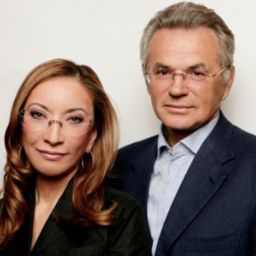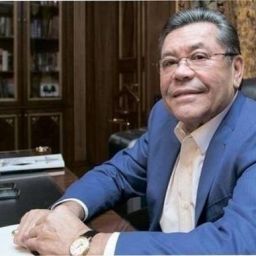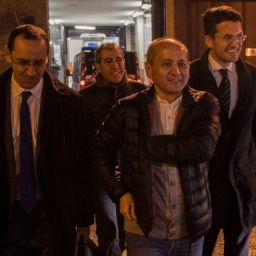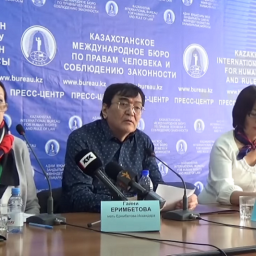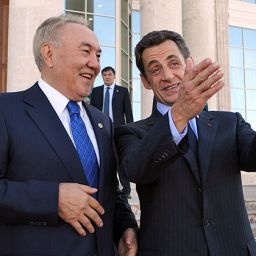“World’s richest fraudster is told he must pay back £244million he hid in the Virgin Islands”, proclaimed the headline in London’s Evening Standard newspaper (03 Dec 2013).
The gentleman in question is Mukhtar Ablyazov, a citizen of Kazakhstan, who fled his homeland after a ‘black-hole’ now known to be around $7.6 billion was found in the accounts of the Kazakh BTA bank, over which he had quickly acquired control in 2004, following the death of the previous owner in a hunting accident.
There are reports that Ablyazov has made a deal to give evidence to the Belgian government in the case of Patokh Chodiev, another Kazakh oligarch, and central to the so-called “Kazakhgate” scandal, involving the sale of French military aircraft to France, in return for Belgian nationality.
According to the Kazakh government, the missing funds from BTA Bank were the personal savings and pension funds of Kazakh citizens, as well as substantial loans from overseas financial institutions.
UK pensioners particularly suffered when BTA subsequently collapsed. British pension funds, on whose behalf the Royal Bank of Scotland had invested in the bank, lost 80 per cent of their investments’ value. HSBC, Barclays, Morgan Stanley and Credit Suisse also suffered heavy losses.
On June 7th 2017, following a lengthy and complex investigation, Ablyazov, regarded by many as a “financial genius”, was sentenced by a Kazakh court in absentia to a 20 year jail term for embezzlement.
Justice had, however, caught up with Ablyazov somewhat earlier: he was arrested and imprisoned by French Special Forces (it had reportedly been alleged that he had a ‘private militia’) at his mansion in Mouans-Sartoux, near Cannes.
The arrest, came as a result of certain legal problems he had encountered in London, where he had claimed political asylum.
Ablyazov, fugitive and asylum seeker, had set himself up nicely in England. As well as a £20 million mansion in the highly prestigious Bishops Avenue – known as ‘Billionaires Row’ – in London’s Hampstead, he had also acquired a £1 million apartment in St John’s Wood, close to Lord’s Cricket Ground.
A less than modest 100 acre estate at Oakland Park in Berkshire, boasting eight houses and a private helipad, and conveniently close to the prestigious Oakland Park Golf Club, and Windsor Castle was also acquired.
However, an English court was to deprive Ablyazov of this highly impressive property portfolio.
BTA Bank had issued 11 writs against him for a total of $6 billion, and as a result, in 2009 he was ordered by an English court to repay the value of securities illegally transferred by him to his companies in the British Virgin Islands.
A subsequent freezing order forbade Ablyazov to “In any way dispose of, deal with or diminish the value of any of his assets in England and Wales up to the value of … £451,130,000 …”
Ablyazov failed to comply, and in February 2012 High Court Judge Mr Justice Teare handed down a sentence of 22 months imprisonment for contempt of court, saying “I do not consider that anything less would mark the seriousness of Mr Ablyazov’s conduct in failing to comply with the freezing order.”
Although the prosecution is reported to have requested the court to place a watch on airports after Ablyazov failed to appear in court for sentencing, it was already too late, as the accused had skipped the country, on a bus bound for France, travelling on a false passport.
Warrants for his arrest were also outstanding from Russia and Ukraine: he was to become the subject of extradition orders from both countries, and he was subsequently placed on Interpol’s ‘Red List’.

Ablyazov is currently the subject of a murder investigation in his home country. His predecessor as hard of BTA Bank, Yerzhan Tatishev, was killed with a shot to the head in 2004 in what was reported as a “hunting accident”.
The man responsible for the killing, Muratkhan Tokmadi, has confessed that this killing was no accident, and alleges that Mukhtar Ablyazov was the instigator. It was, effectively, a contract killing.
Just weeks after the death of his predecessor Tatishev, Ablyazov took control of BTA.
A second person wanted for questioning in the BTA case is one Botagoz Jardemalie. She was employed by Ablyazov and became a member of the BTA board, fleeing the country in 2009: she also known to be currently resident in Belgium, with the status of political refugee.
In December 2016 the England and Wales Court of Appeal considered allegations that Ablyazov’s associate, Viktor Khrapunov, currently resident in Switzerland, had conspired with Ablyazov in breaching the asset freezing order made against him by Justice Teare in the High Court.
“The judge held that the Bank has a good arguable case in conspiracy against Mr Khrapunov to the requisite standard on the basis of his and Mr Ablyazov’s alleged breaches of the freezing order and the receivership order….” Further stating that “Mr Khrapunov has not filed any evidence to deny that he has indeed assisted Mr Ablyazov in seeking to avoid the effect of the worldwide freezing order against him and the receivership order in the ways alleged by the Bank.”
Viktor Khrapunov is, at the time of writing, on Interpol’s ‘Red List’, wanted in connection with “The Creation and Guidance of an Organised Criminal Group or Criminal Association (Criminal Organisation), and Participation in a Criminal Association; Expropriation or Embezzlement of Trusted Property; Fraud; Legalisation of Monetary Funds or Other Property Obtained Illegally; Abuse of Official Powers; Receipt of a Bribe.”
Viktor Khrapunov’s son, Ilyas, who is in fact Ablyazov’s son-in-law, is also on the Interpol wanted list, facing similar allegations.
Mukhtar Ablyazov himself has featured on Interpol’s Red List, until an intervention by four Members of the European Parliament, including British Labour MEP Julie Ward, signed a letter calling for the Red Notice to be removed from Ablyazov.
Ms. Ward, who has expressed concerns over the “political abuse” of the Red Notice process said ”Being a billionaire and oligarch Mr Ablyazov is not exactly the sort of grassroots activist I am normally involved with on such cases.
“But whatever allegations he faces it is not justification for locking someone up for nothing other than politically motivated reasons.
“If he has done something wrong and this is proven in a court of law then he should, of course, face the consequences for any criminality.”
The relationships and economic dynamics between fugitive oligarchs and Europe’s political elites must surely be called into question.
By Jacobytes
